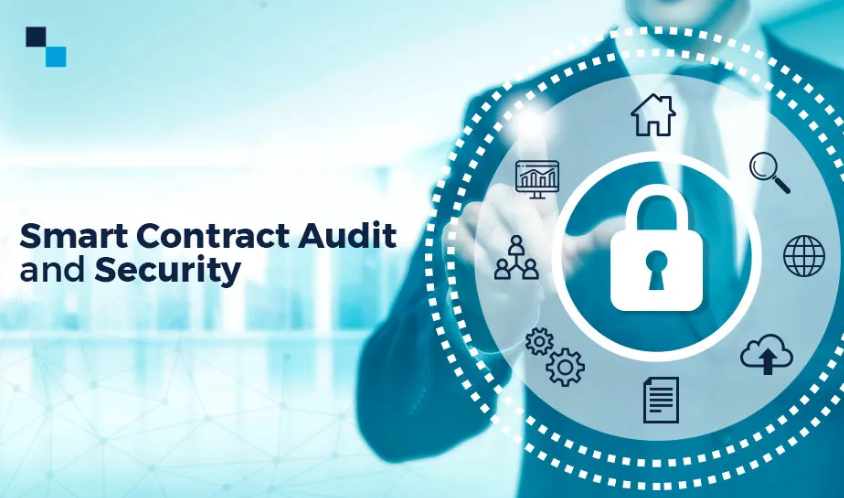# Smart Contract Auditing: Guide to Bulletproof Blockchain Security
Imagine the scenario: You've built a revolutionary blockchain project, everything is running smoothly—until a tiny, overlooked flaw in your smart contract gets exploited, draining funds and shattering trust. Sounds like a nightmare, right? That's where smart contract auditing comes in – your secret weapon to ensure your blockchain projects are secure, reliable, and ready to take on the world.
## Why Smart Contract Auditing is Important
Smart contract auditing is a thorough review and testing process that examines the code of a smart contract to identify vulnerabilities, bugs, and potential risks. Think of it as a quality check for your blockchain-based agreements. The importance of smart contract auditing cannot be overstated. By identifying and addressing vulnerabilities before deployment, you can:
* Protect your project from costly hacks * Build user confidence in your platform * Set yourself up for long-term success
## How Smart Contract Auditing Works
Smart contract auditing typically involves the following steps:
### Step 1: Code Examination
Auditors examine the smart contract code line by line to identify potential vulnerabilities, such as reentrancy attacks, integer overflows, or logic errors. Specialized tools are used to scan the code for common vulnerabilities and inefficiencies.
These tools can quickly identify issues that might be missed during manual review. By using these tools, auditors can identify potential security risks early on and address them before they become major problems.
### Step 2: Manual Testing
Auditors manually test the smart contract to simulate real-world scenarios and edge cases. This helps uncover complex vulnerabilities that automated tools might miss.
By testing the contract in different environments and with various inputs, auditors can identify potential security issues and make recommendations for improvement.
### Step 3: Gas Optimization
Auditors analyze the code to ensure it uses gas efficiently. This can save users money and improve the overall performance of the contract.
Gas is the fee for executing transactions on the blockchain, and inefficient use of gas can lead to high costs and poor user experience.
## Common Vulnerabilities Found in Smart Contracts
Some of the most common issues auditors look for when reviewing smart contracts include:
* Reentrancy attacks: These occur when a contract is vulnerable to re-entry attacks, which can result in unexpected behavior or data tampering. * Integer overflows: This occurs when an integer value exceeds its maximum limit, leading to incorrect calculations and potential security issues. * Logic errors: These occur when there are logical mistakes in the code, which can lead to unintended behavior or security vulnerabilities.
## Choosing a Smart Contract Auditing Service
When selecting a smart contract auditing service, consider the following factors:
* Expertise: Look for auditors with extensive experience in smart contract auditing and blockchain development. * Tools and methodologies: Ensure that the auditor uses industry-standard tools and methodologies to identify vulnerabilities. * Communication: Choose an auditor who communicates clearly and effectively throughout the audit process.
## Popular Tools Used in Smart Contract Auditing
Some popular tools used in smart contract auditing include:
* Solidity Checker * Truffle Suite * OWASP ZAP * Etherscan
